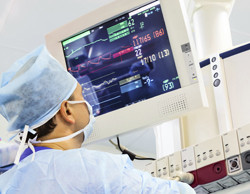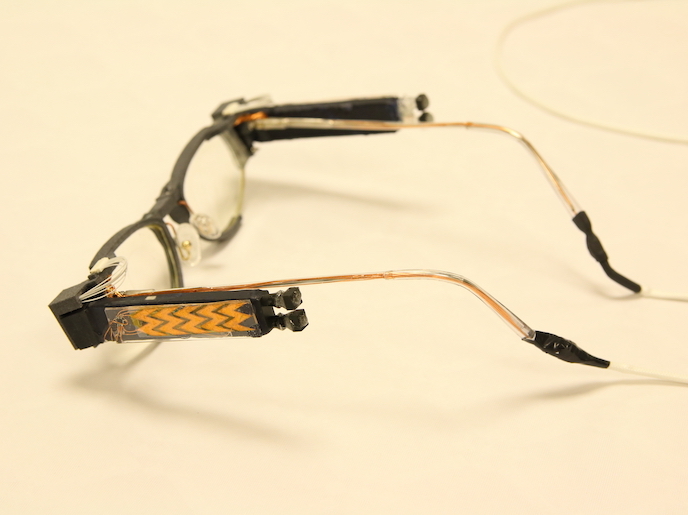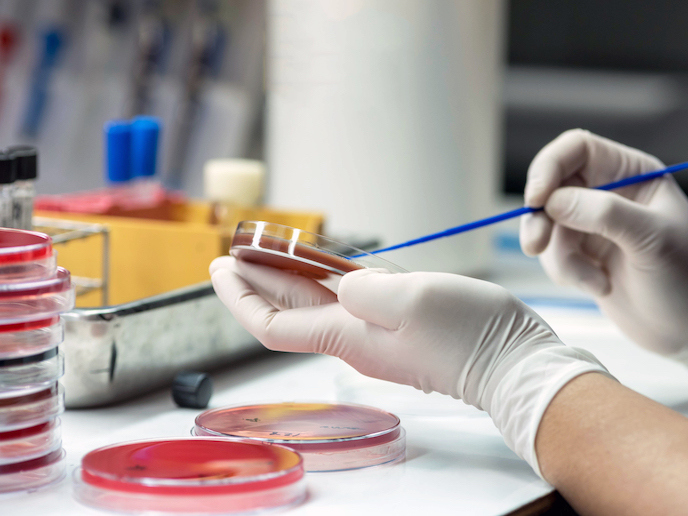Improving medical devices in Europe
Europe is faced with an ageing population and an increased demand for quality, personalised medical care. Because of this, the EU is the world's largest market for medical devices. The 'Medical devices design in cardiovascular applications' (MEDDICA)(opens in new window) project was established to further the state of the art in medical devices. In particular, the project focused on researcher training and improved evaluation of medical devices. MEDDICA researchers developed models and other software for simulations and the design of medical devices, linking these to popular design software. The technologies were applied to devices such as arteriovenous fistulae (a connection between an artery and a vein), mechanical heart valves, catheters and left ventricular assist devices. The team also collaborated with clinicians to better understand why medical devices fail. MEDDICA worked with the Food and Drug Administration (FDA) to study ruptured stents in specific patients with a view to improving stent design. Importantly, training was provided to several young researchers over the course of the project. Once completed, the overall outcomes were communicated through several academic papers as well as a book titled 'Medical Devices Design in Cardiovascular Applications'.







